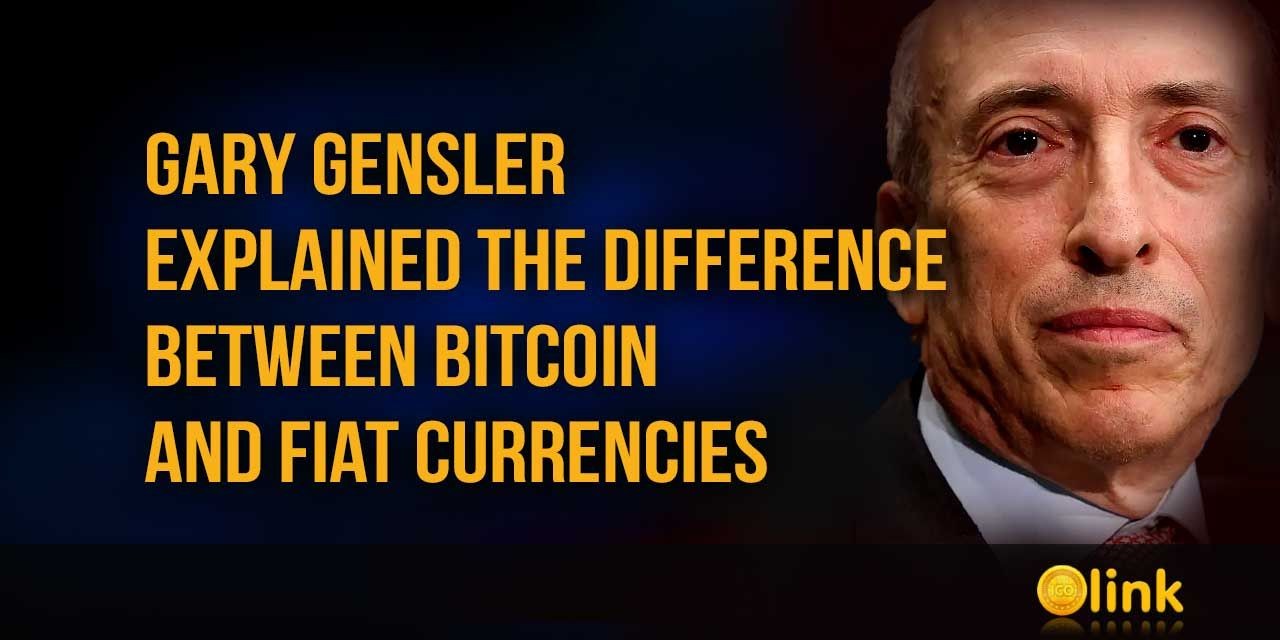Gary Gensler explained the difference between Bitcoin and fiat currencies
Gary Gensler Distinguishes Bitcoin from Fiat Currencies Amidst SEC's ETF Approvals
Gary Gensler, the chairman of the U.S. Securities and Exchange Commission (SEC), recently shed light on the fundamental differences between Bitcoin and traditional fiat currencies during a CNBC interview. His insights come at a crucial time when the financial landscape is increasingly influenced by digital currencies and the SEC's recent approval of Bitcoin spot ETFs has sparked widespread discussion.
Gensler highlighted that unlike fiat currencies, which are issued by central banks and serve as the official currency within specific states or regions, Bitcoin operates independently of centralized financial institutions. This decentralization is a key attribute of Bitcoin, setting it apart from government-issued currencies such as the U.S. dollar, euro, or yen. While fiat currencies are commonly used in everyday transactions, receiving salaries, and purchasing goods, Bitcoin's role in the economy is more complex, often marred by its association with illicit activities, as noted by critics like JPMorgan Chase CEO Jamie Dimon.
The conversation with CNBC's Joe Kernen also touched on the trust placed in Bitcoin by its proponents, who view it as a safer alternative to central bank policies that can adversely affect the value of fiat currencies. Gensler, however, maintained that financial systems have historically tended towards centralization, suggesting that the decentralization offered by Bitcoin might not be as advantageous as some believe. Despite this, the SEC's role, as Gensler reiterated, is to protect investors, a commitment that guided the regulatory body's approval of cryptocurrency ETFs.
The approval of Bitcoin spot ETFs marks a significant development in the integration of cryptocurrencies into the mainstream financial system. Gensler's support for these ETFs was pivotal, despite his reservations about cryptocurrencies. This decision has been met with mixed reactions, with SEC Commissioner Caroline Crenshaw deeming it a misstep. However, Gensler assures that the approval was based on a rigorous evaluation of the applications, emphasizing that it does not equate to an endorsement of Bitcoin itself.
Gary Gensler's commentary underscores the complexities of regulating emerging financial technologies and the SEC's cautious approach to embracing cryptocurrencies. By distinguishing between Bitcoin and fiat currencies, Gensler points to the unique challenges and opportunities presented by digital currencies. As the landscape evolves, the SEC remains focused on safeguarding investor interests, navigating the fine line between regulation and innovation in the digital age.






